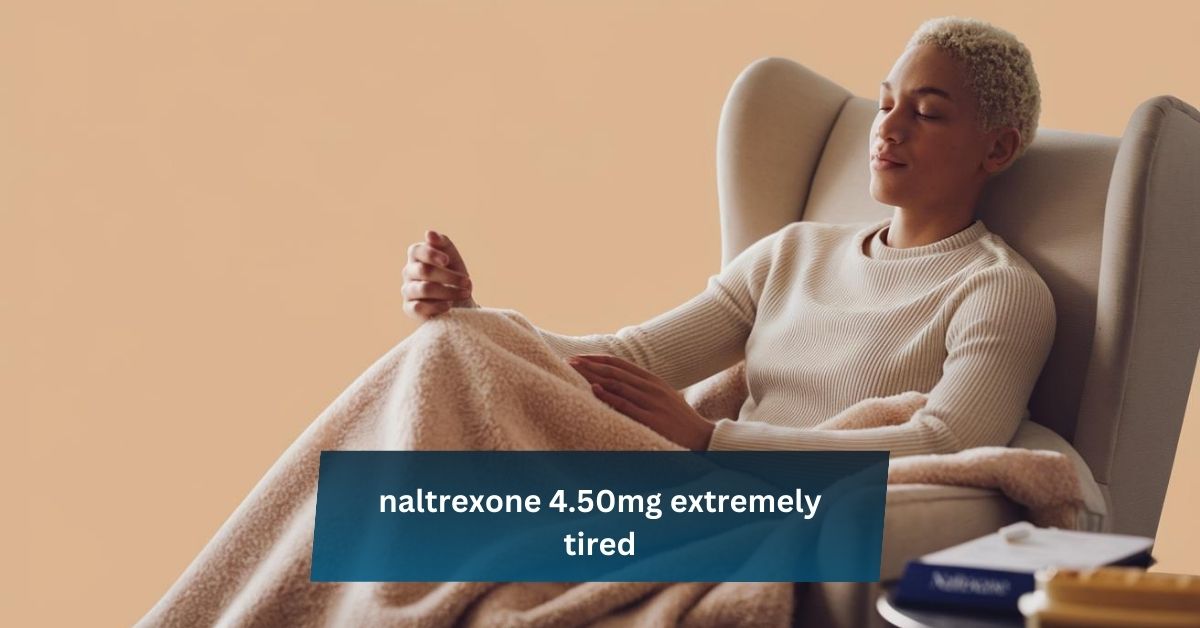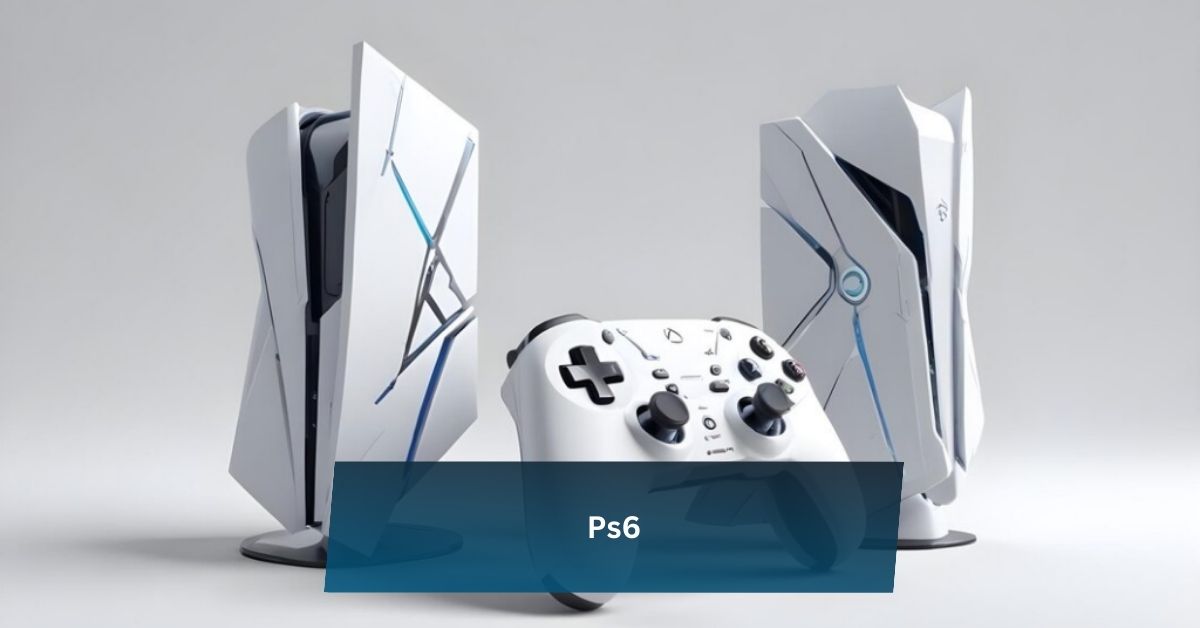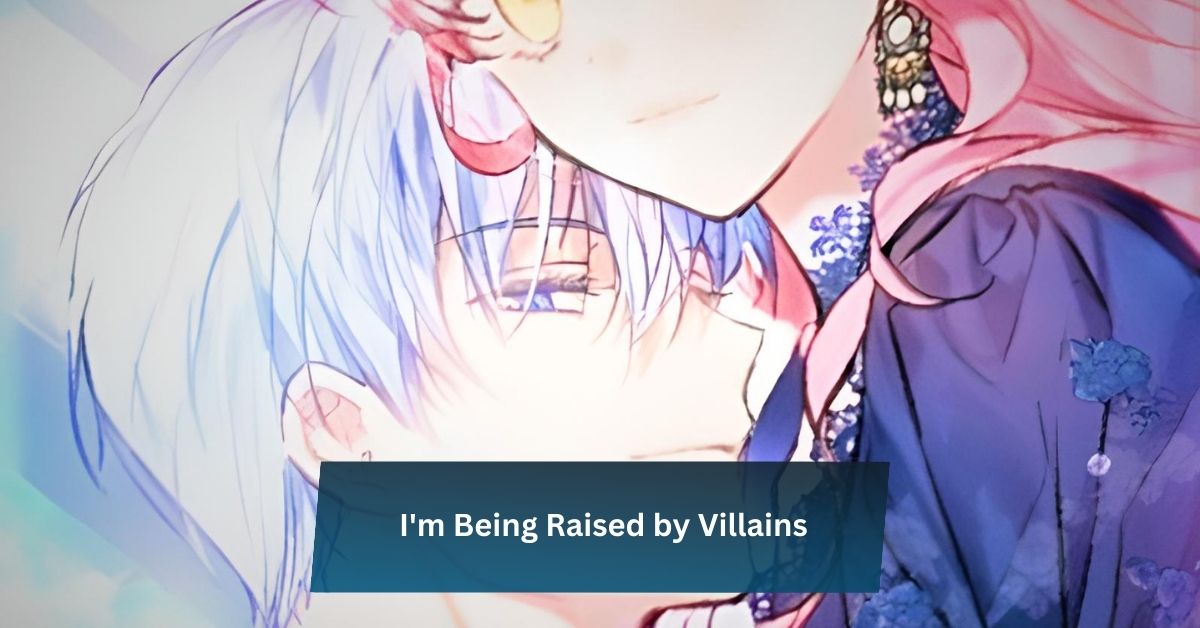Low-dose naltrexone (LDN) myself, and it was quite challenging at first. The extreme tiredness made it tough to stay productive during the day. I found that adjusting the timing of my dose and focusing on better sleep habits helped alleviate the fatigue over time. It was a gradual process, but with patience and close communication with my doctor, I managed to find a balance that worked for me.
Naltrexone 4.50mg can cause extreme tiredness due to its effects on brain chemistry and sleep. Managing this side effect involves adjusting your dosage, improving sleep hygiene, and staying hydrated. If fatigue persists, consult your doctor for potential adjustments.
Introduction To Naltrexone 4.50mg Extremely Tired
Naltrexone is commonly known for treating opioid and alcohol addiction, but a growing trend has been its use in low doses, particularly at 4.50mg, for conditions like chronic pain, autoimmune disorders, and even mental health issues. While many find success using this medication in lower doses, a common side effect that concerns many patients is extreme tiredness or fatigue. If you’ve searched for “naltrexone 4.50mg extremely tired,” you’re likely experiencing this yourself or know someone who is.
This article will take a deep dive into the reasons behind fatigue when using low-dose naltrexone (LDN), provide practical solutions to help mitigate this issue, and discuss how this treatment works. Our goal is to offer clear, actionable information while optimizing for the search term “naltrexone 4.50mg extremely tired,” so you can better understand and manage this side effect.
What Is Naltrexone 4.50mg?
Naltrexone is a medication approved by the FDA to block the effects of opioids. It is generally prescribed in high doses (50mg and above) for treating addiction. However, at a lower dose of 4.50mg, it’s often referred to as “low-dose naltrexone” (LDN). LDN is not typically prescribed for addiction; instead, it’s used for various health conditions, including:
- Chronic pain syndromes
- Fibromyalgia
- Multiple sclerosis (MS)
- Rheumatoid arthritis
- Depression and anxiety
Despite these potential benefits, some people experience unwanted side effects, including extreme tiredness.
Understanding Fatigue With Naltrexone 4.50mg
When people mention “naltrexone 4.50mg extremely tired,” they often refer to intense fatigue that hits shortly after starting the medication. This isn’t a universal side effect, but it does occur frequently enough to warrant concern.
1. Why Does Naltrexone 4.50mg Cause Fatigue?
- Brain Chemistry Alteration: Naltrexone works by blocking opioid receptors in the brain. These receptors play a role in regulating mood, energy levels, and sleep. By altering brain chemistry, naltrexone can disrupt normal patterns, causing fatigue or drowsiness, especially when the body is adjusting to the medication.
- Immunomodulation: At lower doses, naltrexone influences the immune system, reducing inflammation and promoting healing. While beneficial, these immunomodulatory effects may also temporarily tax the body’s resources, resulting in feelings of tiredness as the body adapts to the changes.
- Hormonal Shifts: Naltrexone can impact the production of certain hormones, including endorphins. Endorphins are your body’s natural “feel-good” chemicals, and changes in their levels may affect energy, causing drowsiness.
- Interaction with Sleep Cycles: Some users report that naltrexone interferes with sleep quality, particularly if taken in the evening. Poor sleep or changes in sleep patterns can contribute to extreme tiredness during the day.
2. Is Extreme Tiredness Normal On Naltrexone 4.50mg?
While tiredness is a known side effect of LDN, it doesn’t affect everyone, and its severity can vary. For most people, this side effect diminishes after the body becomes accustomed to the medication. However, for others, extreme fatigue can persist or even worsen.
Some patients report feeling “zombified,” while others experience a more moderate sense of fatigue, especially in the first few weeks of treatment. It’s important to note that tiredness is more common when starting naltrexone but often improves over time.
3. Who Is More Likely To Experience Fatigue?
Certain factors may increase the likelihood of experiencing tiredness with naltrexone 4.50mg:
- Older adults: Age-related metabolic changes may slow down how the body processes naltrexone, leading to prolonged or increased fatigue.
- People with pre-existing fatigue syndromes: Those with conditions like chronic fatigue syndrome or fibromyalgia may be more sensitive to the effects of LDN.
- Individuals with poor sleep quality: If you already struggle with sleep, adding naltrexone could exacerbate this issue and cause further tiredness.
- Those with hypothyroidism: Since naltrexone affects hormonal balance, people with thyroid issues may be more prone to fatigue.
Managing Extreme Tiredness On Naltrexone 4.50mg
If you’re feeling extremely tired after starting naltrexone 4.50mg, you don’t have to just live with it. Here are some practical steps to help manage or reduce this fatigue:
1. Adjust The Timing Of Your Dose
Many patients find that changing the time they take naltrexone can alleviate tiredness. For example, taking it in the evening rather than the morning may prevent daytime drowsiness. However, for some, evening doses may interfere with sleep, so finding the right time for you is key.
2. Start With A Lower Dose
Some doctors recommend starting with a dose lower than 4.50mg, such as 1.5mg or 3mg, before gradually increasing to 4.50mg. This slow titration allows the body to adjust more comfortably and may prevent extreme tiredness.
3. Monitor Your Sleep Hygiene
Since naltrexone can affect sleep, ensuring you practice good sleep hygiene is essential. Tips include:
- Establish a regular sleep schedule
- Avoid screens before bedtime
- Create a comfortable sleep environment
- Avoid stimulants like caffeine late in the day
4. Stay Hydrated And Eat Well
Dehydration and poor nutrition can exacerbate tiredness. Make sure you’re drinking enough water and eating a balanced diet rich in vitamins and minerals that support energy levels.
5. Exercise Regularly
While it may seem counterintuitive to exercise when you’re tired, physical activity can boost energy levels over time. Start with low-intensity exercises like walking or yoga to help improve your overall stamina.
6. Consult Your Doctor
If tiredness persists or worsens, it’s essential to talk to your healthcare provider. They may adjust your dose or suggest switching to another treatment.
What Does “Naltrexone 4.50mg Extremely Tired” Refer To?
This phrase is commonly searched by individuals who are either already using or considering low-dose naltrexone for various medical conditions and are experiencing extreme fatigue as a side effect. Here’s a more detailed look at what this phrase implies:
1. Naltrexone At 4.50mg (Low-Dose Naltrexone Or Ldn):
- Naltrexone, when taken at low doses, is used off-label for various chronic conditions. A common dose is 4.50mg, which is substantially lower than the typical dose for addiction treatment (50mg+).
- At this dose, naltrexone works as an immune modulator, often used to treat autoimmune diseases, chronic pain conditions, and even some mental health disorders.
- Many patients report positive effects, but side effects like extreme tiredness are often raised as a major concern in online discussions and forums.
2. Extreme Tiredness:
- Fatigue is one of the more commonly reported side effects when using LDN. The exact cause may vary, as it could be related to brain chemistry, hormone regulation, sleep disruption, or the body’s immune response.
- For those searching “naltrexone 4.50mg extremely tired,” it is likely they’re struggling to maintain normal energy levels and are looking for answers or solutions to this unwanted effect.
3. Related Keywords And Search Intent
Expanding on the primary keyword “naltrexone 4.50mg extremely tired,” users are likely searching for similar information using related keywords or variations:
- “Low-dose naltrexone fatigue”: A general search term indicating that users are looking for more information about why LDN causes tiredness and how to manage it.
- “LDN side effects extreme tiredness”: Individuals searching for the side effects of LDN, particularly tiredness, are concerned about how long the tiredness lasts, how severe it might be, and how to mitigate it.
- “Naltrexone insomnia or sleep problems”: As fatigue and sleep issues often go hand-in-hand, users may also want to understand if their sleep disruption is a direct cause of their daytime tiredness.
- “Naltrexone dose and tiredness relationship”: Some users may seek to understand whether higher or lower doses of LDN affect the severity of tiredness they experience.
3. Why Is This Keyword Important?
- It addresses a real-world concern for people taking LDN.
- It focuses on a specific dosage (4.50mg), which is common in LDN therapy for chronic conditions.
- It highlights a side effect (extreme tiredness) that may discourage patients from continuing the medication or require them to consult their doctors for solutions.
- Users who search for this term are likely looking for practical, easy-to-implement solutions to manage their fatigue while continuing the potential benefits of LDN.
How to Optimize Content Around “Naltrexone 4.50mg Extremely Tired”?
To rank highly with this keyword, an article or resource should:
- Offer an in-depth explanation of why extreme tiredness occurs when taking naltrexone at 4.50mg, including its potential effects on brain chemistry, sleep, and immune modulation.
- Provide solutions and practical tips for managing this side effect. Information such as adjusting dose timing, improving sleep hygiene, and consulting with a healthcare provider for potential dose changes can help meet searchers’ needs.
- Include personal stories or testimonials from individuals who have experienced and managed extreme tiredness on LDN. This humanizes the content and offers relatable insight.
- Present FAQs to answer common questions that people may have about managing fatigue on naltrexone.
FAQs
1. Is It Normal To Feel Extremely Tired After Starting Naltrexone 4.50mg?
Yes, feeling tired is a common side effect, especially in the first few weeks. However, if it persists, consult your doctor.
2. Can I Stop Taking Naltrexone If It Makes Me Too Tired?
You should not stop taking naltrexone without consulting your doctor. They may recommend adjusting the dose or trying other treatments to manage the tiredness.
3. Will The Tiredness Go Away On Its Own?
For many people, the tiredness gradually decreases as their body adjusts to the medication. This typically happens within a few weeks.
4. Are There Any Supplements That Can Help With Tiredness?
Some people find supplements like B vitamins, magnesium, and adaptogenic herbs (like ashwagandha) helpful in combating fatigue. However, you should talk to your doctor before starting any supplements.
5. Is There A Risk Of Long-Term Tiredness On Naltrexone 4.50mg?
Long-term tiredness is uncommon. If you continue to feel extremely fatigued after several weeks, discuss it with your healthcare provider to see if an adjustment or alternative therapy is needed.
Final Thoughts:
While “naltrexone 4.50mg extremely tired” is a concern for many, it’s important to remember that this side effect often subsides as the body adjusts. By understanding the reasons behind the tiredness and taking steps to manage it, you can maximize the benefits of low-dose naltrexone without letting fatigue interfere with your daily life.
Always work closely with your doctor to adjust your treatment plan if needed and ensure that the tiredness doesn’t disrupt your overall health and well-being.















Leave a Reply